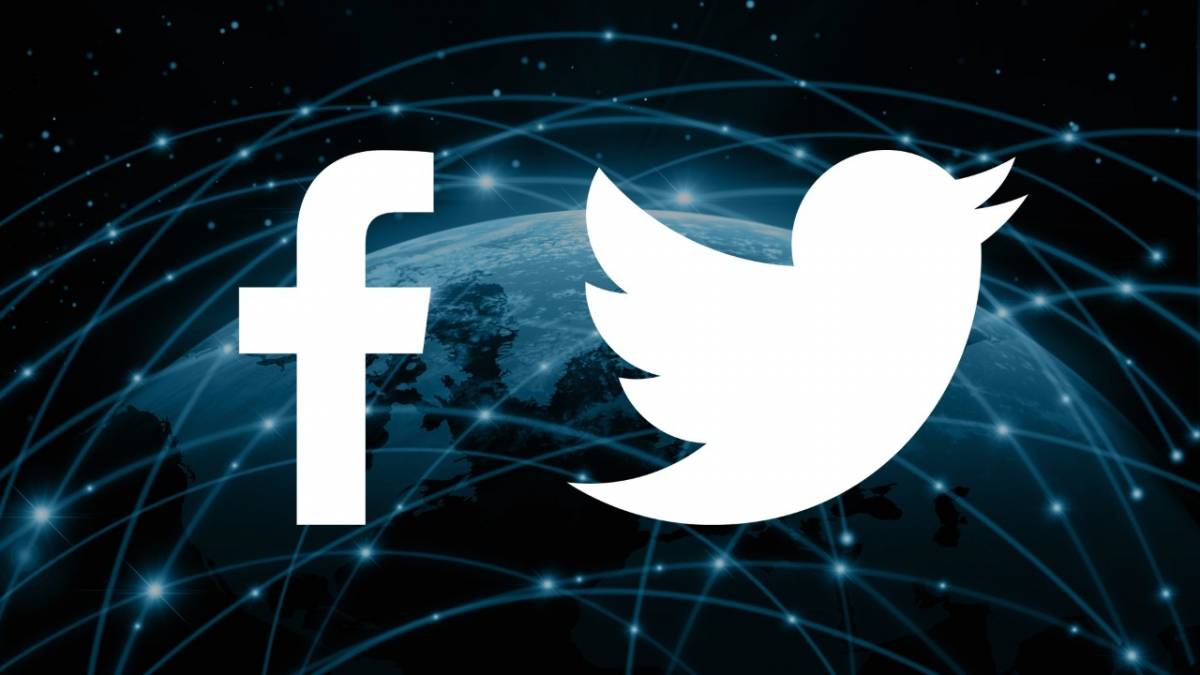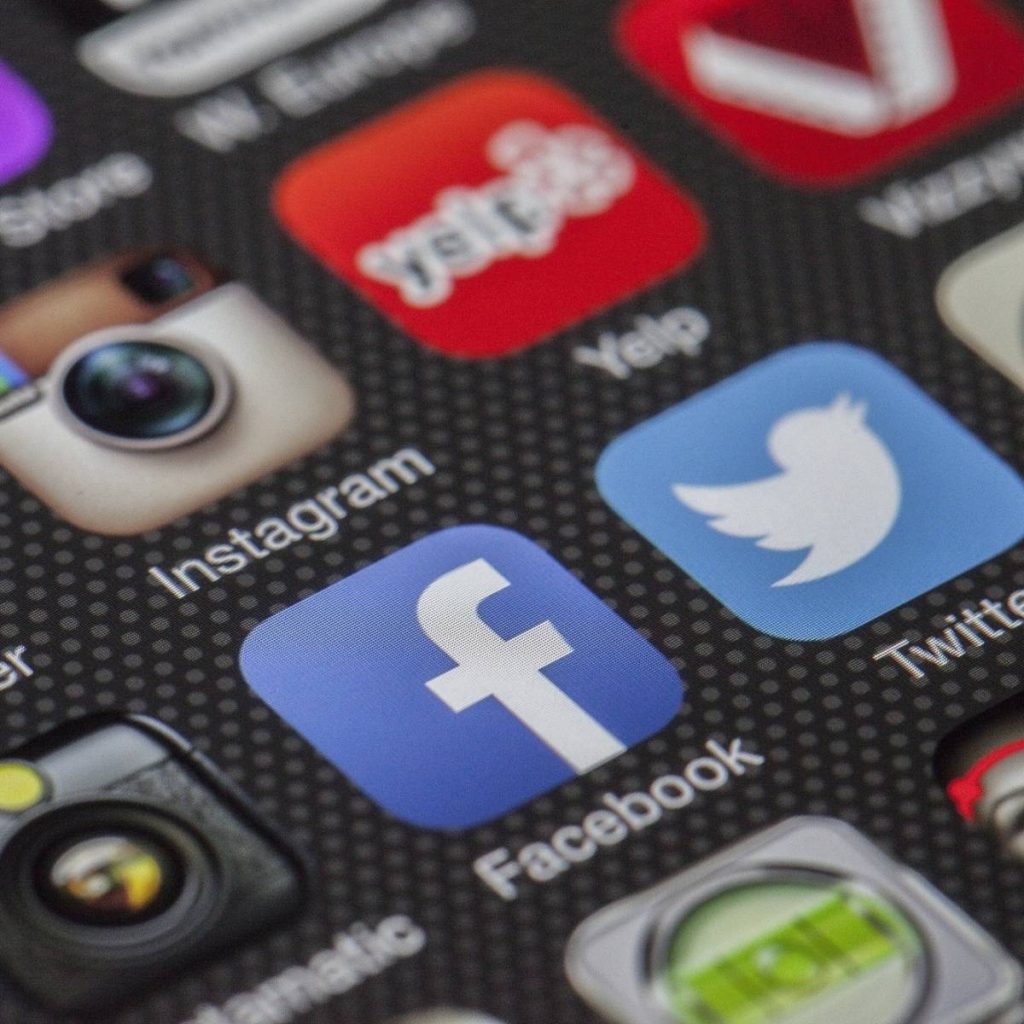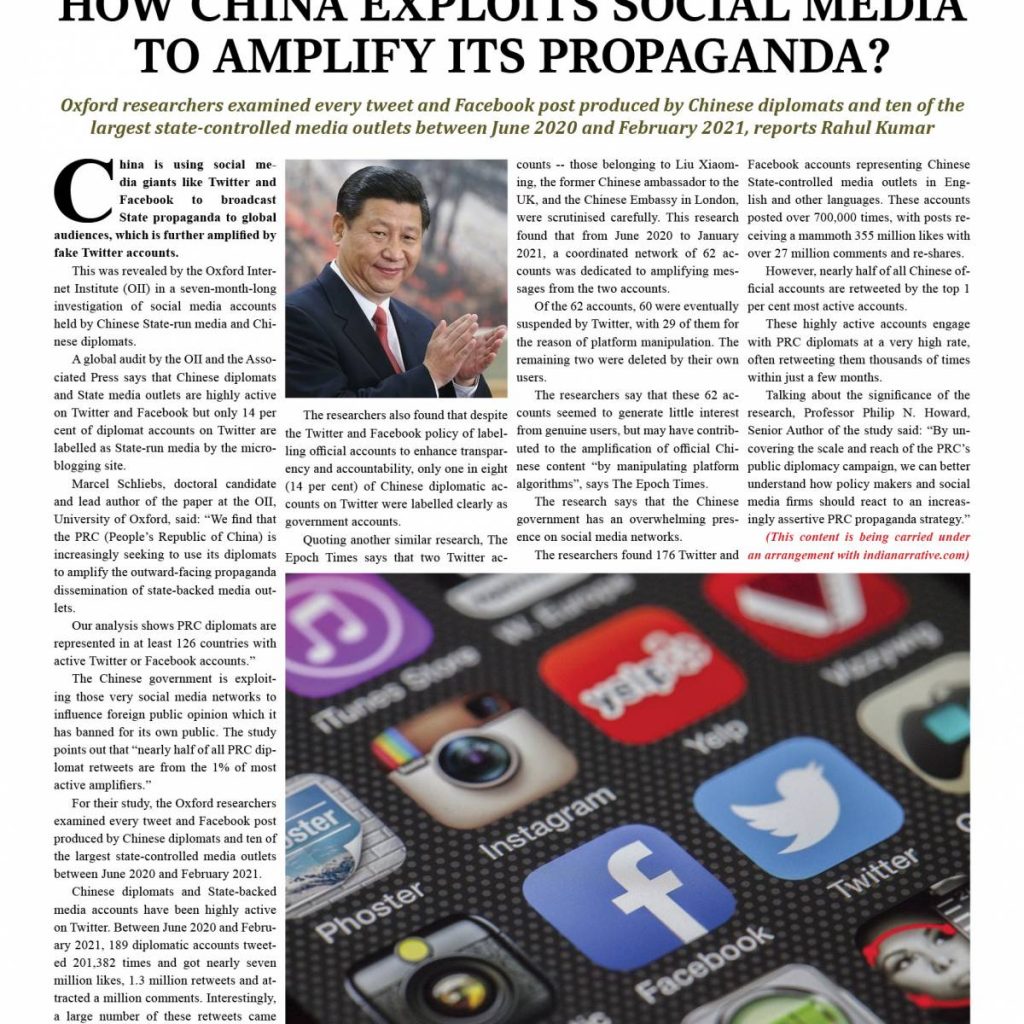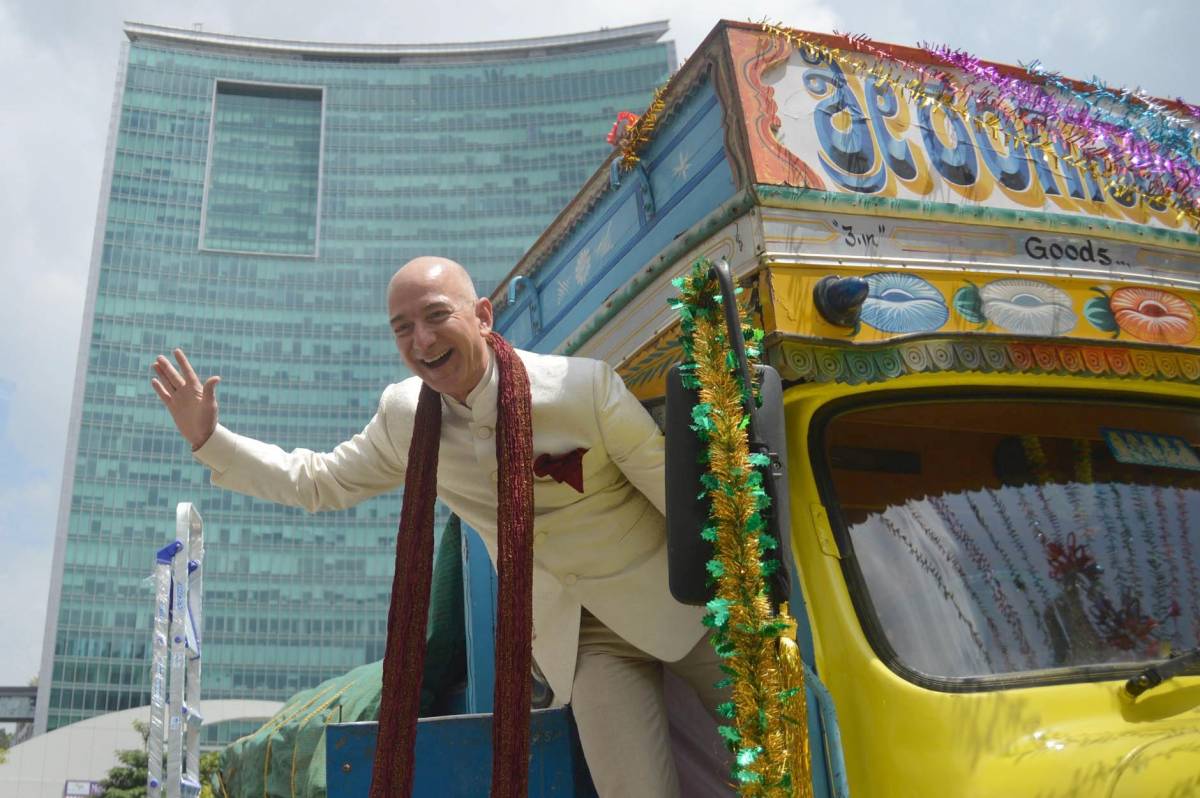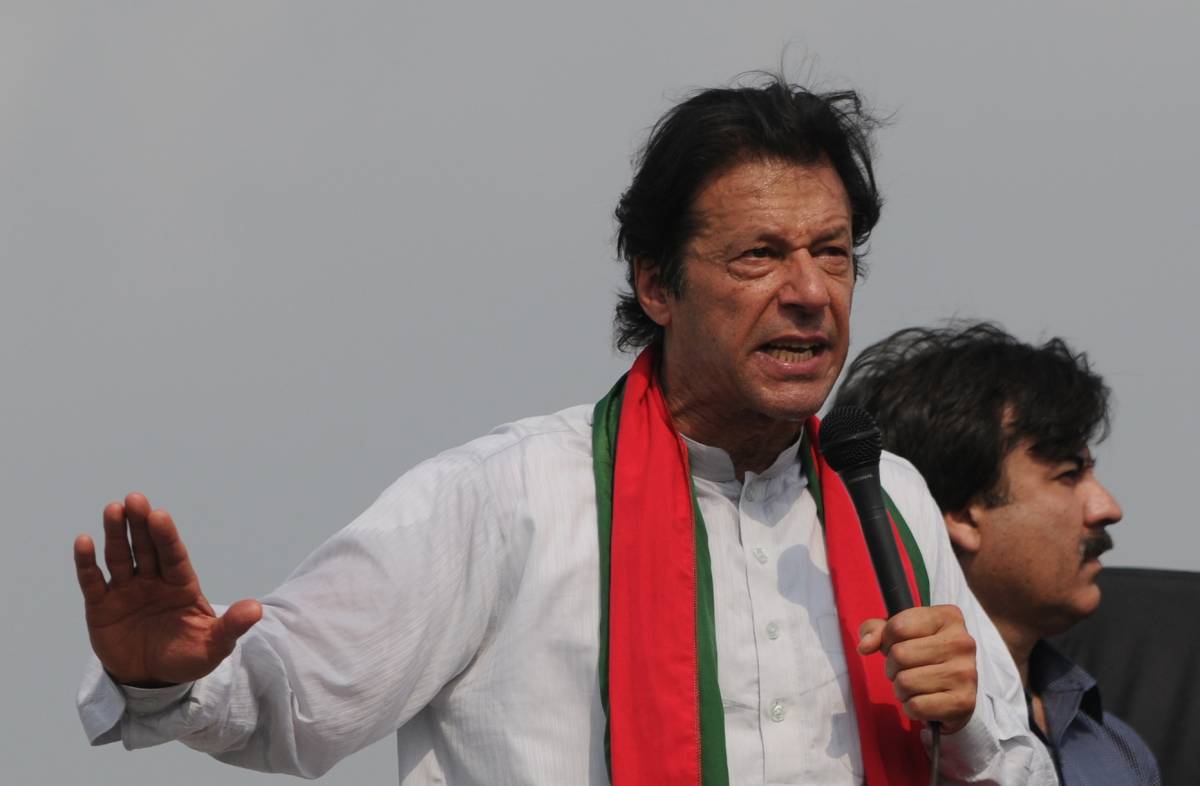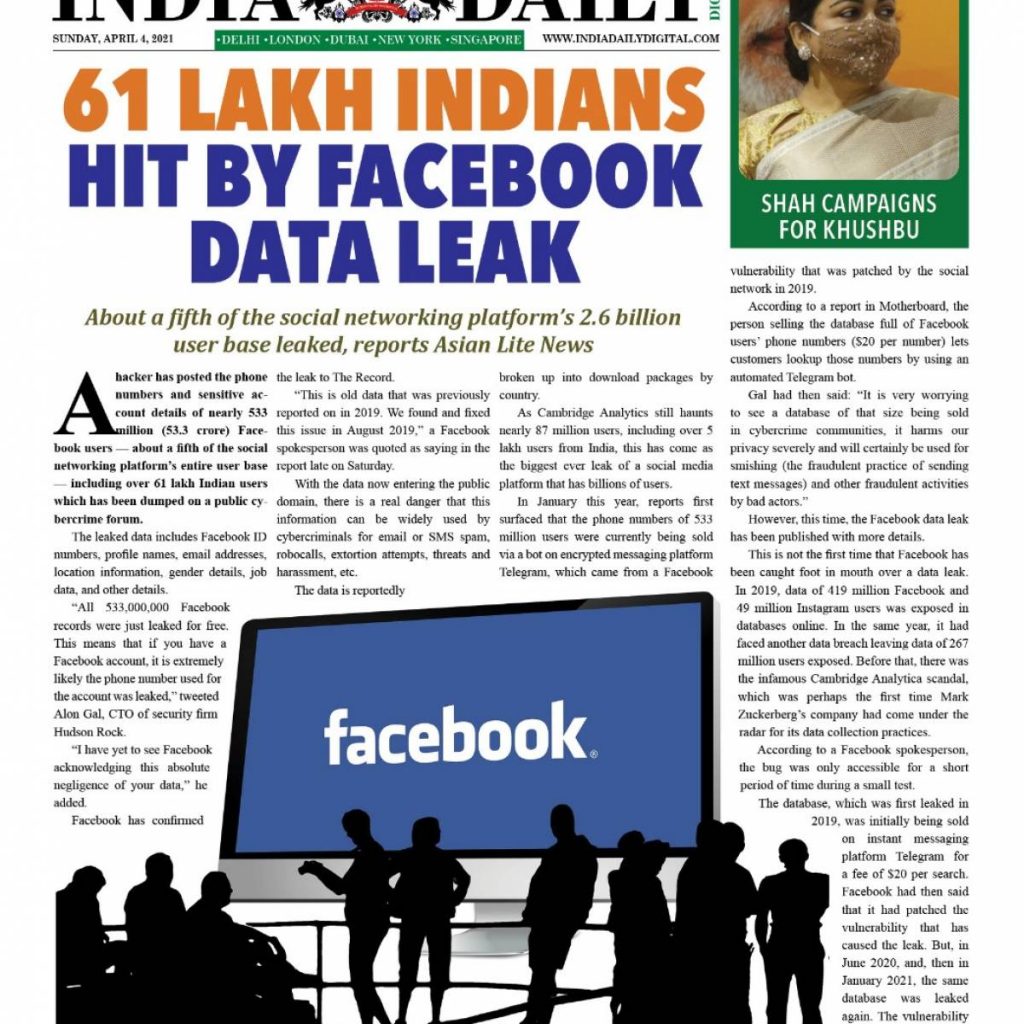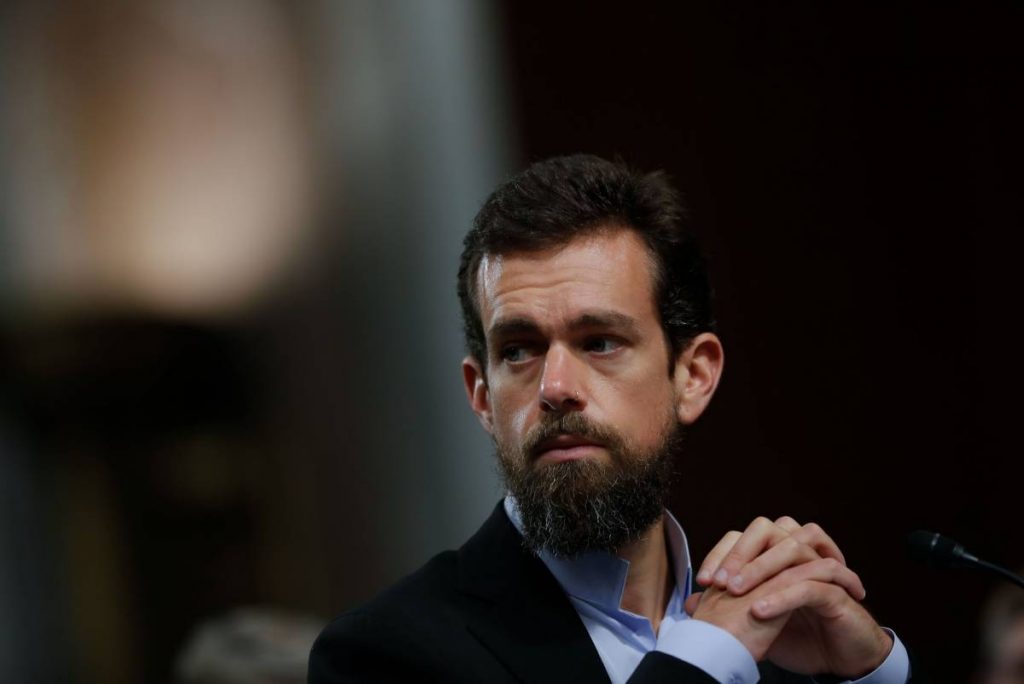Sources said the failure of social media companies to make these appointments in three months has not gone down well with the government..reports Aarti Tikoo Singh
The deadline to comply with the new legal rules meant for big social media platforms, which were issued by the government three months ago, is ending on Tuesday, threatening the operations of the likes of Twitter in India.
According to top official sources, social media platforms such as Twitter, Facebook and others, which were required to abide by the rules notified in the gazette of India on February 25 under Intermediary Guidelines and Digital Media Ethics Code Rules, 2021, have failed to comply on many accounts till date.
The government’s rules will come into effect from May 26.
“If social media companies do not obey the rules, they may lose their status and protections as intermediaries and may become liable for criminal action as per the existing laws of India,” top official sources said.

Except one Indian social media company, Koo, sources said that none of the top social media intermediaries have appointed a resident grievance officer, a chief compliance officer and a nodal contact person yet.
Sources said the failure of social media companies to make these appointments in three months has not gone down well with the government.
ALSO READ: Trump blasts Facebook for continued ban
With arbitrary suspensions of accounts and inaction over abuses and bigotry on social media platforms, users in India have been persistently complaining against tech giants like Twitter, Facebook and others.
In the latest alleged Congress toolkit controversy, Delhi Police visited Twitter India’s local offices in the National Capital Region on Monday after Twitter had marked one of the tweets of BJP spokesperson Sambit Patra as “manipulated media”.

Twitter’s presumptive judgement has triggered widespread outrage among Indian users across the country.
Sources said the social media platforms which were required to furnish monthly reports as to how many grievances were filed and settled, have failed to do so. Some of the platforms, sources said, have sought more time of up to six months for furnishing compliance.
For some platforms, sources said, the standard reply has been that they will await instructions from their company headquarters in the US, who in turn on their own will have an “expert assessment” to take a view.
The US-based social media platforms have grown huge, thanks to their massive user base and profitable revenues in democracies like India. However, none of the platforms have shown any inclination to comply with India’s domestic laws. Instead, social media platforms have refused to be transparent about their fact-checking mechanism and their criteria to label tweets.

